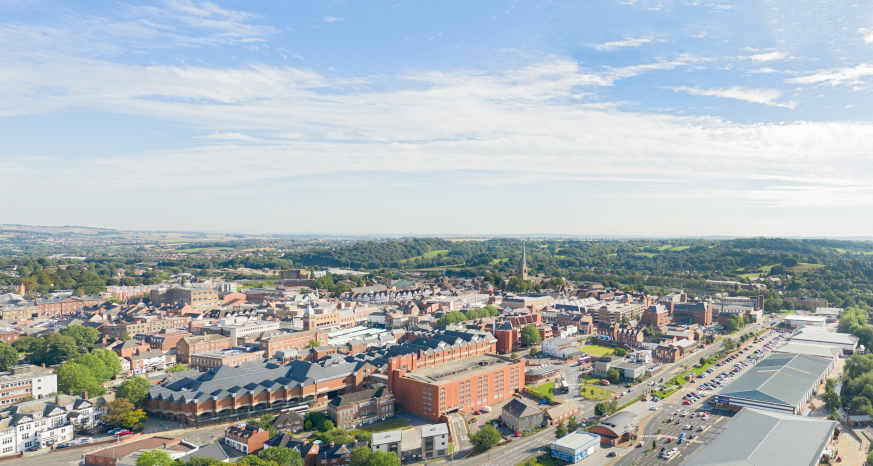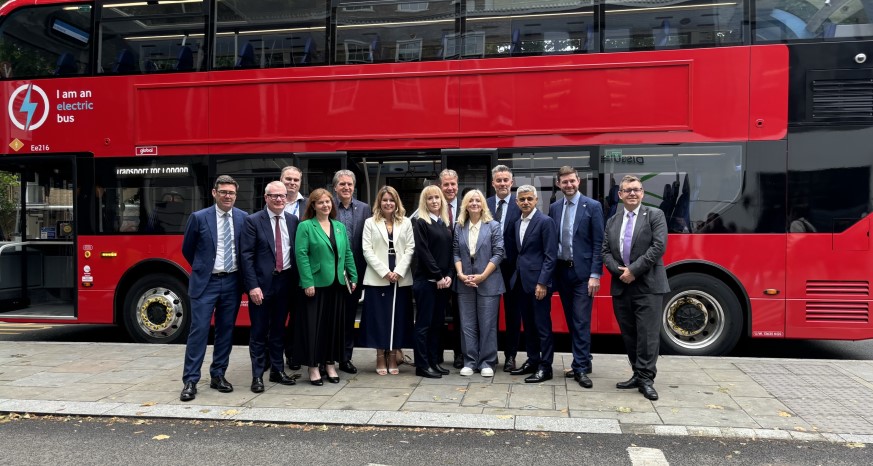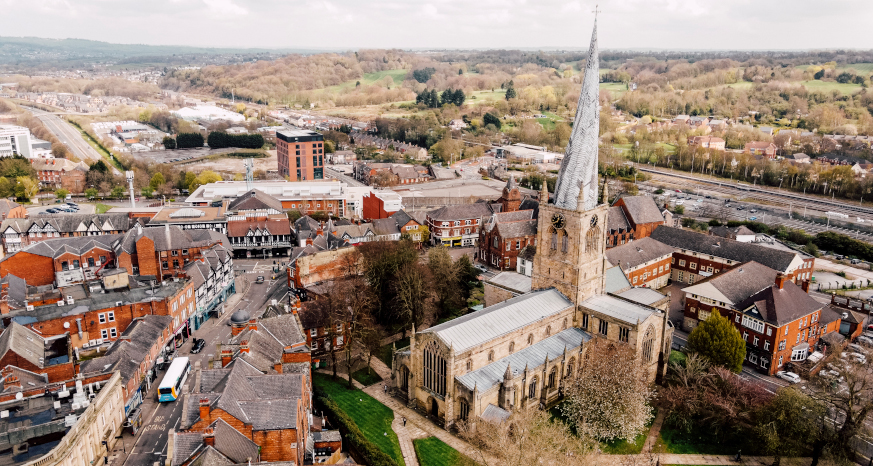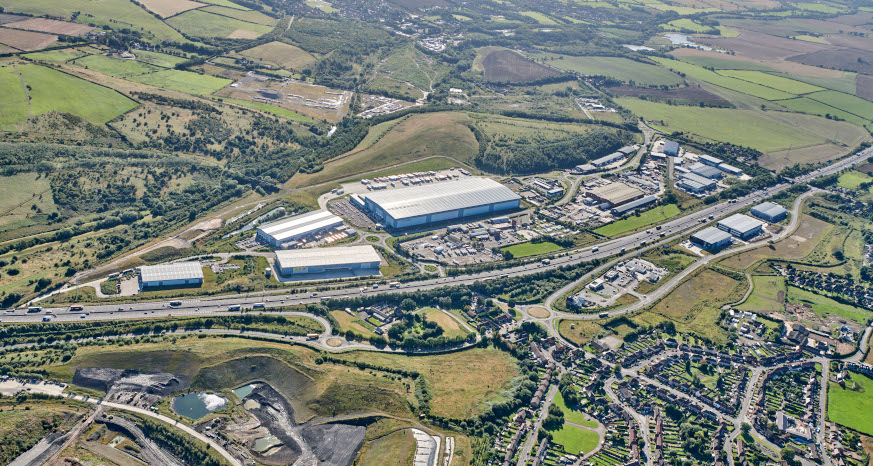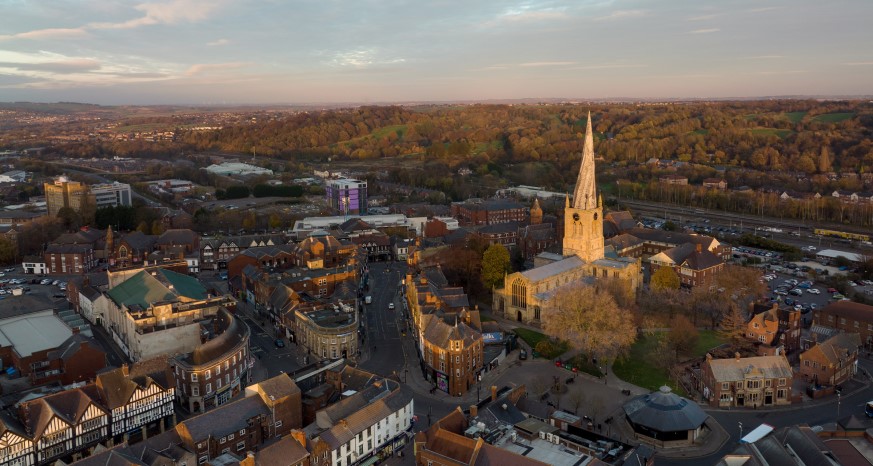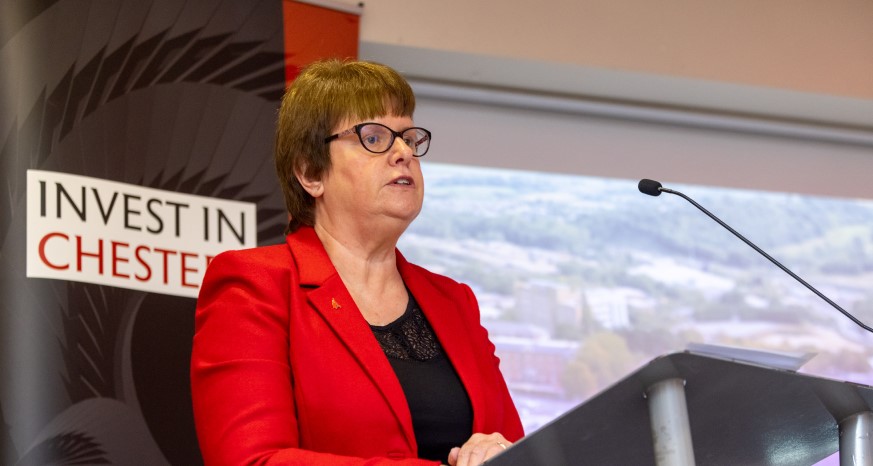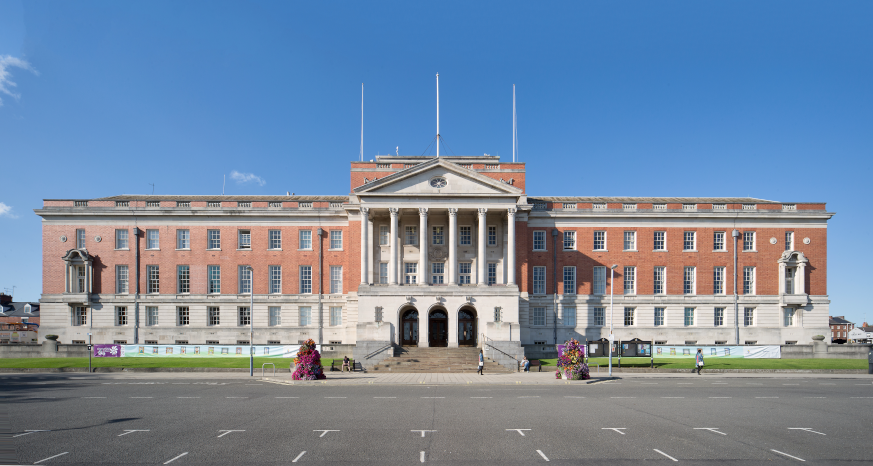There is substantial support for regional devolution plans in Derbyshire and Nottinghamshire, according to the results of a recent consultation on the proposals.
Local leaders are backing devolution to promote economic growth, secure more investment in our area, for more and better jobs, and for better transport, skills training, housing, and an enhanced greener environment. It would also mean more power in local hands.
Thousands of people took part in the consultation, which took place from November 2022 to January 2023. It was open to residents, businesses, community and voluntary groups, and other employers in Derbyshire, Nottinghamshire, Derby, and Nottingham.
There were 4,869 responses to the consultation overall, from members of the public and people answering on behalf of an organisation. The number of responses was higher than similar consultations on devolution in other areas.
The majority backed the proposals:
- 53% agreed with the proposals for transport, compared to 35% disagreeing.
- 52% agreed with the proposals for skills, compared to 32% disagreeing.
- 51% agreed with the proposals for reducing carbon and improving the environment, compared to 33% disagreeing.
- 51% agreed with the proposals for public health, compared to 33% disagreeing
- 46% agreed with the proposals for homes, compared to 39% disagreeing
The only area which was more balanced was in terms of the proposals for governance, with 42% agreeing and 45% disagreeing. Comments tended to centre around the need for a regional mayor. Having a regional mayor is a condition set by the government for a level 3 deal, which offers the most powers and highest funding.
The government has offered new powers to Derbyshire, Nottinghamshire, Derby, and Nottingham, along with at least £1.14 billion of funding, through the proposed creation of an East Midlands Combined County Authority. A formal proposal was developed, outlining how devolution would work in the area, which was the focus of the consultation.
Historically, the East Midlands has often been an area of low government funding, compared to many other areas of the UK. If the proposals for devolution go ahead, a guaranteed funding stream of £38 million a year for 30 years could help to reverse this trend.
Barry Lewis, Leader of Derbyshire County Council, said: “It’s very encouraging to see the broad support for these plans to bring in £38 million a year and move major decision-making to the people who best know our communities, rather than Westminster.
“I’m pleased that so many residents and organisations came forward to give their views about the East Midlands devolution proposal, and I’d like to thank everyone who took part.
“Clearly there was less support for an elected mayor which I fully acknowledge. The reality is, to obtain the greatest powers and highest levels of funding from the government to benefit local people, an elected mayor is a condition of that deal.
“I firmly believe that by working together across traditional boundaries – and an elected mayor would play a key part in that – this devolution deal will help us attract more investment to our region, better support businesses, upskill our workforce, develop our infrastructure and improve public health.
“The councils involved are now working together on a final devolution proposal. I can assure everyone who took the time to take part in the consultation that their views will be central to shaping our thoughts to the government.
“At the heart of this devolution deal is a desire to seize every opportunity to improve people’s lives across our region by making sure we get a fair share of government funding.”
The leaders of Derbyshire County Council, Nottinghamshire County Council, Derby City Council, and Nottingham City Council all signed up to work on a devolution deal in August 2022 at Rolls-Royce in Derby, following an announcement from the Government that a package of new powers and funding, worth £1.14 billion, were available for the 2 counties and 2 cities.
The 4 councils then worked on a more detailed proposal, including more information about how devolution would work in our area, which was the focus of the consultation.
Many local organisations support devolution for the area. Scott Knowles, Chief Executive of East Midlands Chamber, said: “Our region is home to a wide range of fantastic businesses, from industrial powerhouses with household names to university spin-outs that boast vast potential, and everything in between.
“What they now need is the political apparatus that removes any obstacles to national and local decision-making, enhances our ability to attract investment and ultimately creates a more business-friendly environment.
“This would help them to take strides forward in productivity and innovation, enabling firms to drive the economic growth that creates jobs and wealth locally.”
Professor Kathryn Mitchell CBE DL, Vice-Chancellor of the University of Derby, said: “We are delighted that the authorities within the East Midlands are working to secure a deal for a combined authority. This should provide an opportunity to present a compelling case to central government for more levelling up funding that can be spent strategically to improve productivity and the number of highly skilled jobs across the region.
”It will also enable universities, and other providers of skills, innovation, and business support, to work collaboratively with a single group ensuring spend on regional development delivers the best value for money.”
If all 4 councils vote to accept the results of the consultation, and move forward with the process, a final version of the devolution proposal could then be sent to the government.
Legislation to make the new form of Combined County Authority legal could go through Parliament later this year, which would then need to be approved and receive Royal Assent. This could happen in early 2024.
A new East Midlands Combined County Authority could then officially come into existence in spring 2024, with the first ever election for a regional mayor, covering Derbyshire, Nottinghamshire, Derby, and Nottingham, taking place in May 2024.
A future mayor would be held to account by elected representatives from county and city councils in the East Midlands, as well as a scrutiny committee. The mayor would be directly elected by residents in Derbyshire, Nottinghamshire, Derby, and Nottingham.
